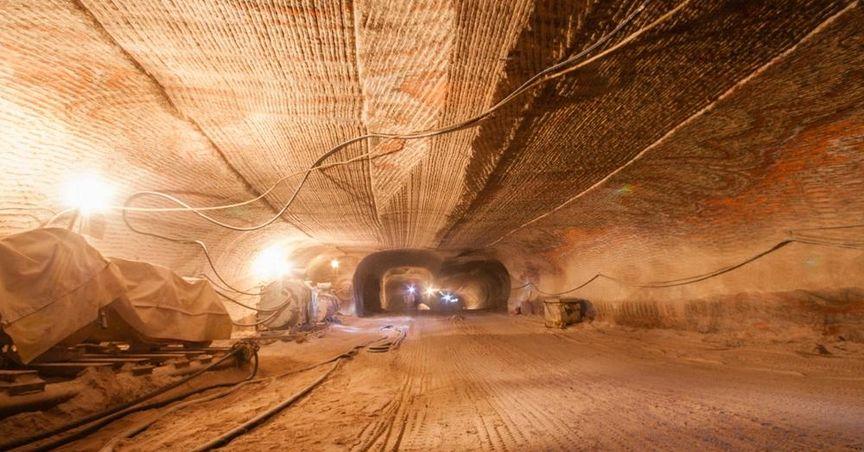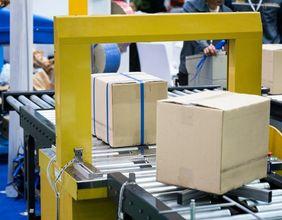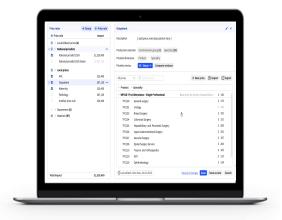Highlights:
- Emmerson faces setbacks as Morocco’s CRUI declines to reconsider ESIA for its Khemisset Potash Project.
- Board reshuffle and cost-saving measures initiated to manage impacts of permitting delays.
- Development activities suspended, with a focus on core regulatory functions until ESIA clarity is reached.
Emmerson PLC (LSE:EML), the company behind the Khemisset Potash Project in Morocco, has announced it is exploring its options following a major delay in the Environmental and Social Impact Assessment (ESIA) approval process. The CRUI (Commission Régionale Unifiée de l'Investissement) declined to provide the approval, and an appeal to the Wali of the Rabat-Salé-Kénitra region was met with the message that further appeals would not be possible.
The company’s board has responded by implementing several strategic measures to preserve financial resources while the ESIA issues are resolved.
Boardroom Restructuring and Cost-Cutting Initiatives
To adjust to the delayed approval timeline, Emmerson has announced changes to its board and internal structure. Chairman James Kelly and non-executive director Rupert Joy have stepped down. Hayden Locke, a current board member, has taken on the chairman role as the company recalibrates its leadership for this challenging phase. Both outgoing directors have voiced disappointment with the ESIA outcome and acknowledged the need for this restructuring to maintain future options and preserve stakeholder value.
In terms of cost management, Emmerson has put into place a series of reductions. All non-executive directors will forgo cash fees, instead opting for share-based compensation, while CEO Graham Clarke has agreed to a 40% reduction in salary, partially compensated by shares. These steps aim to cut operational expenses and direct resources where they are most needed.
Focus Shift to Regulatory and Administrative Functions
Given the setback, Emmerson is suspending most development activities at the Khemisset Potash Project to prioritize regulatory and administrative functions essential to the ESIA process. This shift allows the company to concentrate on gaining the necessary environmental approvals and ensuring the project remains viable in the longer term.
Comment from New Chairman Hayden Locke
Hayden Locke expressed gratitude for the contributions of Kelly and Joy, highlighting their dedication during this difficult time for the company. He stated, “Both are disappointed with the outcome and are reticent to leave at this important juncture, but they also recognise a restructuring is necessary to preserve optionality for the company and any remaining potential for value for our stakeholders.”
Locke's comments underscore Emmerson's commitment to maintaining the Khemisset project’s viability amid these regulatory hurdles. The company remains hopeful that cost-saving efforts, alongside a streamlined focus on regulatory clarity, will help it navigate the current roadblocks and prepare the groundwork for future growth.
In sum, Emmerson’s Khemisset Potash Project, viewed as a high-potential asset in Morocco’s mining sector, faces an uncertain path. Emmerson’s focus on fiscal prudence and core regulatory engagement may help ensure project continuity as the company works to secure the approvals necessary for full-scale development.




